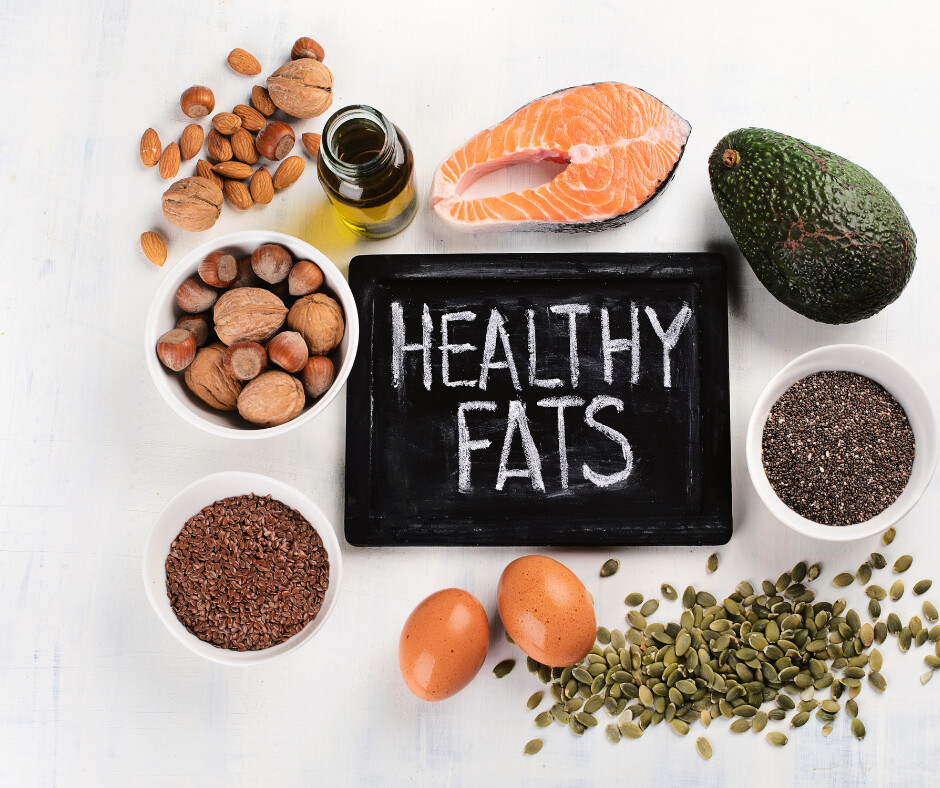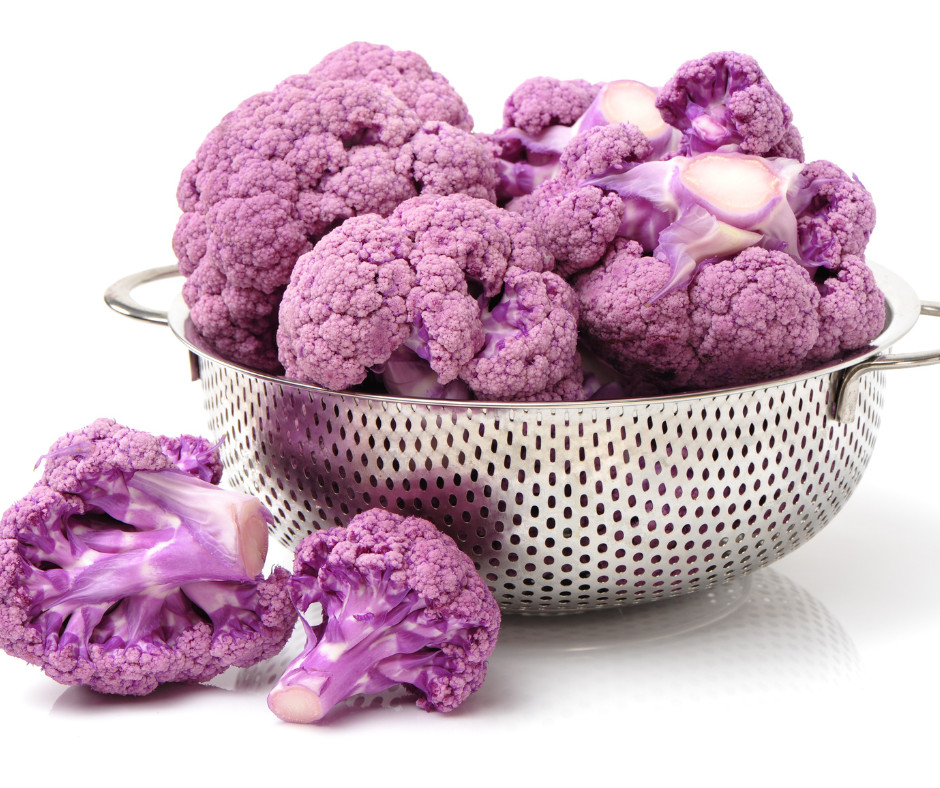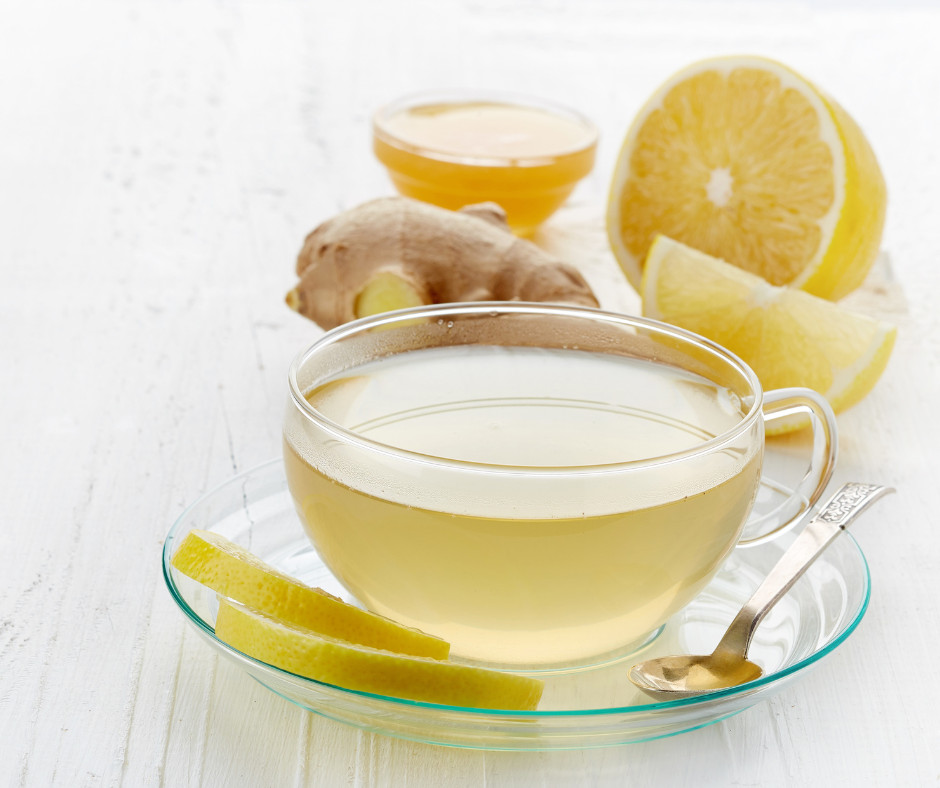
High blood pressure happens when the pressure on the arteries and blood vessels becomes too high and the arterial wall becomes distorted causing extra stress on the heart. Long term-high blood pressure increases the risk of stroke, heart attack and diabetes. It affects 1 in 3 Americans and most don’t even realize they have high blood pressure until serious problems arise. It is a particularly common in people over the age of 50. Fortunately, there are things you can do to lower your blood pressure naturally.
Read more...
The health of your gut affects the rest of your health. If you are experiencing weight gain, skin issues, fatigue, bloating, anxiety, or problems focusing, it could be related to your gut microbiome. Your gut microbiome consists of a wide variety of good bacteria and some bad bacteria. The bad, or opportunistic bacteria, won't cause you any harm unless there is not enough of the good bacteria to keep them under control. Many people have experienced this in the form of a yeast infection after taking antibiotics. An imbalanced and inflamed gut is also referred to as leaky gut or dysbiosis.
Read more...
With the rise in popularity of health foods, it is very easy to think that a food is good for you because of the words used on the packaging. Manufacturers use words like "natural" and "no trans fat" to lead consumers to think the food is healthy. For example, "100% natural juice" undergoes all kinds of processing steps, including the addition of flavor packs. If you read the labels of products that sound healthy more closely, you might find that it contains ingredients that are best avoided.
Read more...
Cold sores are caused by the herpes virus. You can be exposed to this virus as a child and it may stay dormant in you for many years. It is estimated that humans carry between 8 and 12 dormant viruses. Shingles is another example of a condition caused by a virus that stays dormant in your body after initial exposure. It is caused by the chicken pox virus. You can't get rid of the viruses that are lying dormant in your body, but there are ways to minimize the impact of them on your health. Here are some natural strategies for cold sores.

Your cell membranes are made up of fatty acids and they surround every cell in your body. The fatty acids affect how cells communicate internally and externally. The body can’t make the essential omega-6 fatty acids (linoleic) and omega-3 fatty acids (ALA, EPA, and DHA). You must get them from your diet. Omega-3 fatty acids are critical for cardiovascular health, skin and hair health, brain health, circulation, joints and nerves. Not only is it important to make sure that you have healthy levels of omega-3 fatty acids, but the ratio of omega-6 to omega-3 is critical. Here are some things you need to know to keep your fatty acid levels optimized.
DHA
The omega-3 fatty acid, DHA, is critical for brain growth in infants and proper brain function in adults. If you are deficient DHA, you may experience memory loss, slower reaction times and moodiness. Generally speaking, the best source of DHA is fatty fish, pasture-raised eggs and grass-fed beef. For vegetarians, algal sources such as spirulina and chlorella contain moderately to high bioavailable forms of DHA. Some vegetables, such as brussels sprouts, are rich in other short-chain omega-3 fatty acids, which are beneficial to your health as well.
EPA
While you need some EPA, it is not as important to your brain health as DHA. Your body uses it to protect your cells and neurons. It also influences your behavior and mood. EPA is also known to reduce inflammation and may be helpful for burning extra fat before it gets stored. EPA can benefit your skin by managing oil production and hydration,
ALA
ALA is a plant-based omega-3 fatty acid which means that you get it from foods like avocados, nuts and seeds. It plays a major role in maintaining neurons and improving learning and memory. ALA can be converted by your body into DHA and EPA. But the conversion of ALA to DHA and EPA is minimal. In addition, there is a genetic marker that increases or decreases your ability to convert ALA. This makes it more of a challenge for vegetarians to get enough DHA and EPA. Algal oil, which comes from algae, is one of the only significant sources of DHA for those following a 100% plant based diet. Unfortunately, quality algal oil is expensive.
Optimal Ratio
The key to reaping all the benefits of omega-3 fats is your omega-6:3 ratio. The range for optimal health is between 1:1 and 4:1. Unfortunately, the majority of processed foods contain large amounts of omega-6 fats which has caused the average American to have closer to between 10:1 and 50:1 ratio. The problem isn't that omega-6 fatty acids are harmful in appropriate amounts. The health issues begin to show up when there is too much of it. Common sources of omega-6 include safflower oil, pine nuts, sunflower oil, corn oil, soybean oil, brazil nuts, canola oil, and sesame oil.
Tracking Your Ratio
One easy way to check your omega-6:3 ratio is to keep a food journal. There's even a digital app that will break down the foods you eat by nutrient, calories, tec. It's called Cronometer. The target for most adults is between 250mg and 500mg of DHA/EPA daily. Another approach to monitoring you omega-6:3 ratio is through lab testing. There's a company called OmegaQuant that will analyze one drop of your blood for fatty acids and produce a report about their findings and recommendations. Even though you may eat healthy, you may still need to supplement with a quality fish oil. Because fish oil supplements are so popular, the majority of them are of low quality. Buy from a trusted source or consult a website like LabDoor that tests and scores the best selling supplements. Unfortunately, out of the 54 fish oil supplements that they tested, all but 4 products contained measurable amounts of mercury, with 3 products recording 50% or greater of the allowable mercury content/serving.
Did this help you? If so, I'd greatly appreciate it if you commented and/or share it on social media.

Email: sharonledwards@hotmail.com
Facebook: https://www.facebook.com/sharonledwardsbiz/














